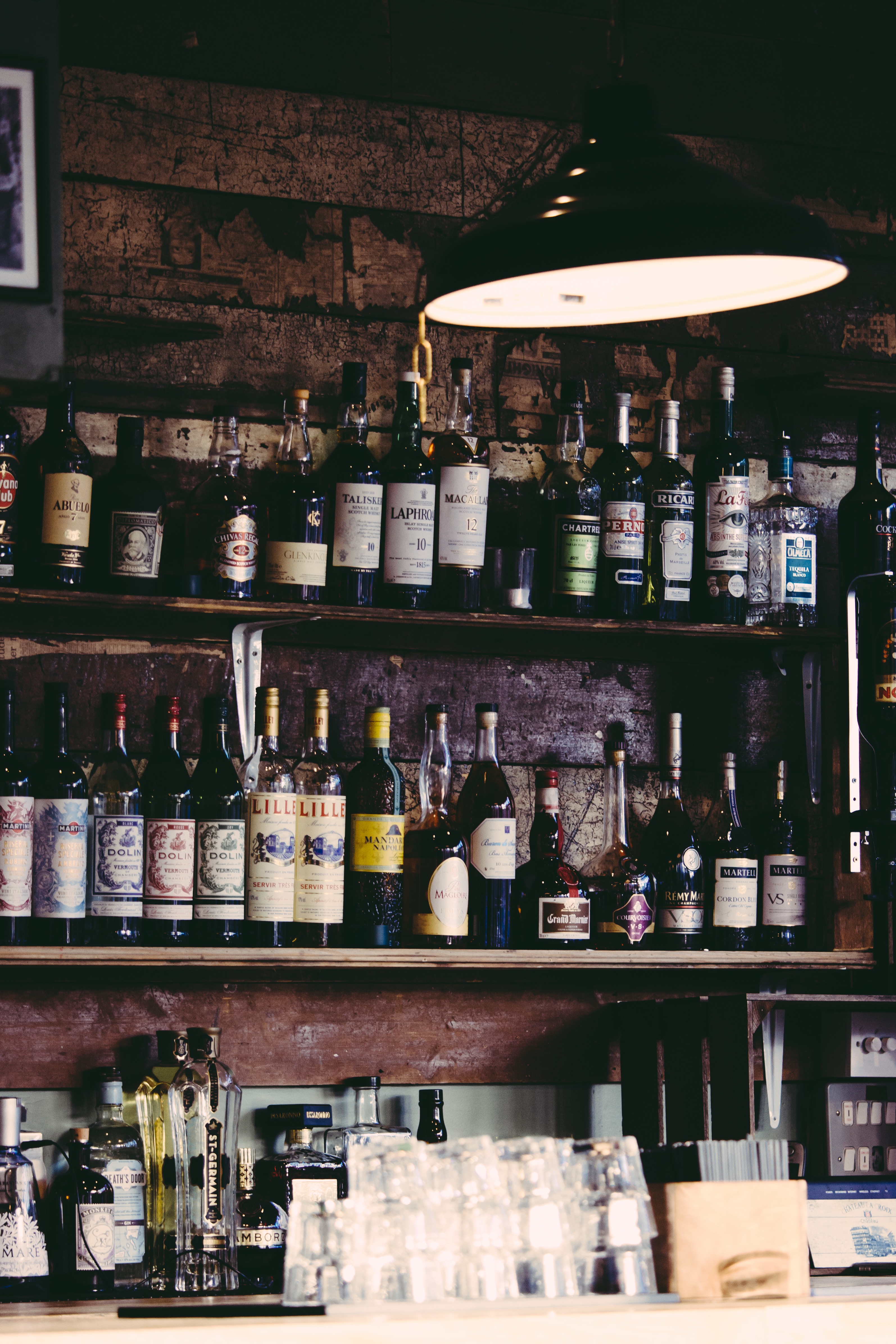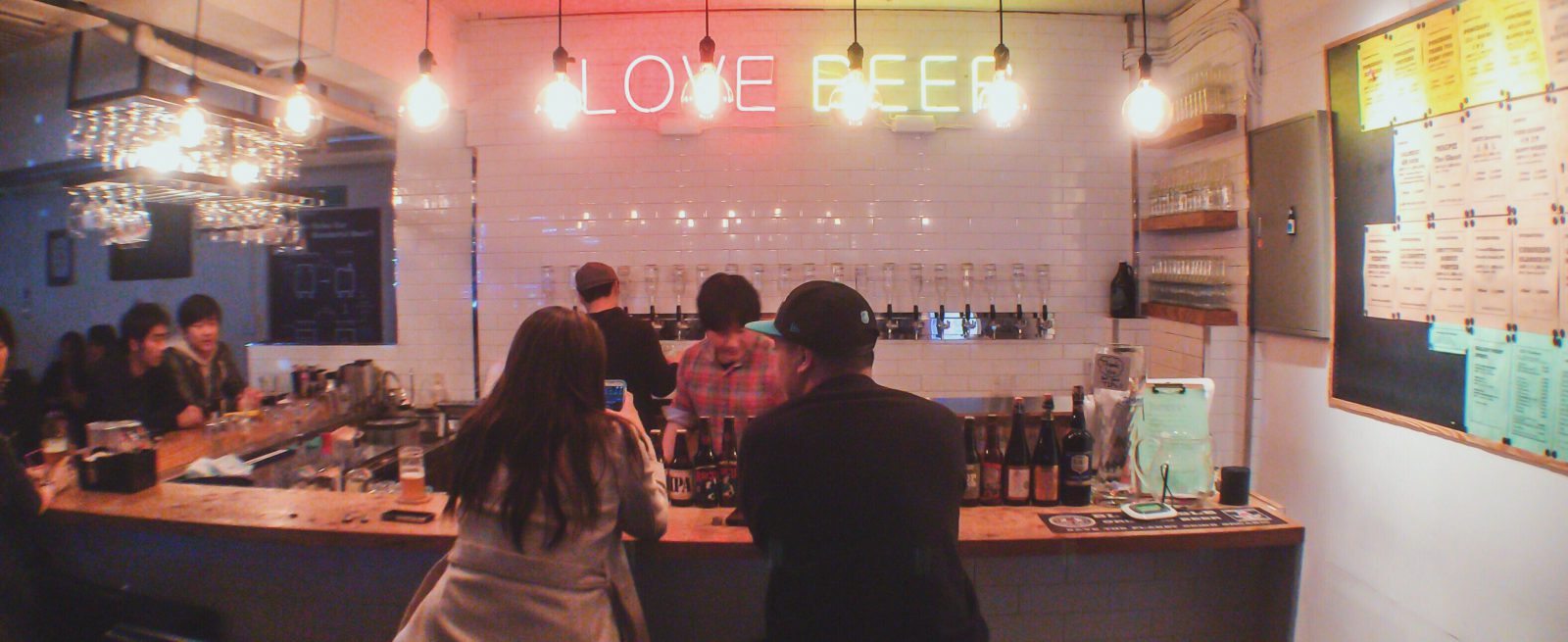A Guide to Alcohol Licensing
2 Min Read By Nicola Bannister
Ever dreamt of launching your own microbrewery, pop-up bar or pub? Many seek this career but starting up can often be time consuming and confusing.
Essentially, you need to be clued up on alcohol licensing and what it means for you. Need some guidance? Find out everything you need to know about this important piece of legislation right here.
Essential Rules and Regulations
If you want to supply alcohol in England and Wales, you need a licence that has been authorised by the licensing authority. Often, this is a local council. Overseen by the Home Office, this determines:
- Businesses that sell or supply alcohol on a permanent basis, such as pubs, need to apply for a premises licence.
- Those who plan to authorise the sale of alcohol must apply for a personal licence, alongside the premises licence, if they are also the owner of the business in that premises.
Getting a licence includes a fee and an application form, which you need to post to your local council. As well as the local authority, you will also have to send your application to the police and other responsible authorities, such as:
- Local trading standards.
- Primary care trust (PCT) or local health board (LHB).
- Environmental health authority.
- Local fire and rescue.
- Planning authority.
- Any other licensing authority in whose area part of the premises is located.

Before you start the application process, it’s important that you plan as much as possible to avoid encountering an issue that may hamper your new business’ progress. This could include everything from knowing who your commercial gas provider will be, to working out how many members of staff you’ll hire.
Your Premises
A premise licence gives you permission to use a premise for activities involving the sale of alcohol. To successfully apply for this licence, you will be asked a series of questions such as:
- Your details as an applicant.
- General information regarding the premises such as the address.
- The operating schedule, including the date you want the licence to start from on the premises.
- The opening hours of your premises.
- How you intend to promote the four key licensing objectives, which are: the prevention of crime and disorder, public safety, the prevention of public nuisance, the protection of children from harm.
- The planning of the premises and any advertising on or around the premises.
Make sure you indicate what licensable activities you wish to carry out by ticking the appropriate boxes on the form. You should also indicate what days and times you want the licence to be active from. This also includes the provision of regulated entertainment, such as indoor sporting events, live music and recorded music. Also, you should state who you wish to be the designated premises supervisor (DPS).
What is a Personal Licence?
Staff members don’t need a personal licence, however, a premises supervisor does – and you must have someone filling this role.
Are going to be the owner of the premises licence? If so, you would apply to be the personal licence holder. Also, anyone who works in a pub should be authorised to do so by the personal licence holder. Before applying for this licence, ensure that anyone running or managing a pub is professional and responsible to avoid problems further down the line.
These are all the details you need to know about alcohol licences. Get started today and you could be pouring pints in your own pub very soon.
Nicky Bannister is Head of Flogas Energy

